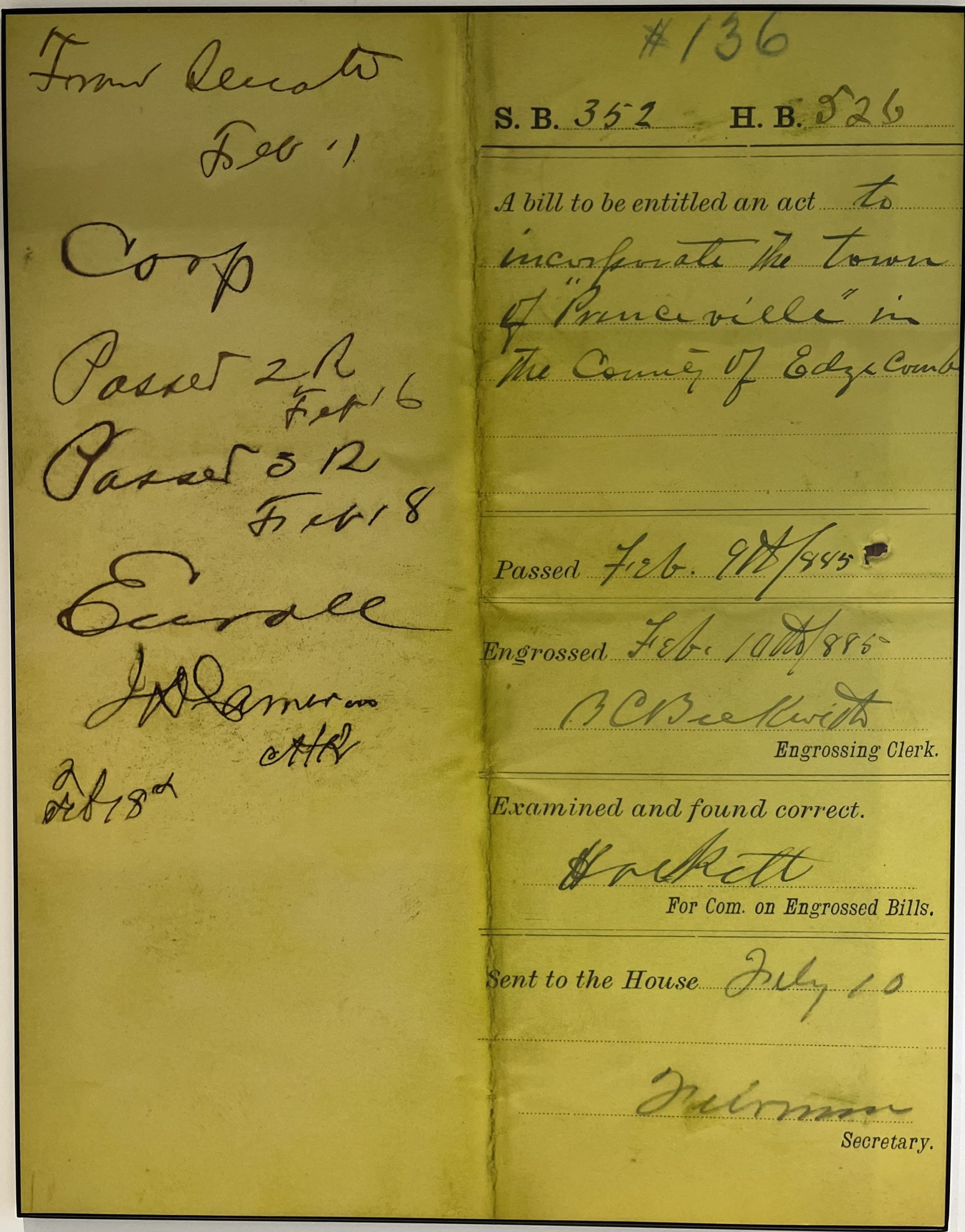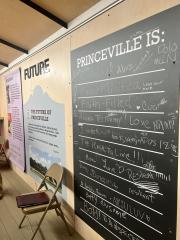Last Sunday, The Washington Post ran a feature article I wrote regarding ongoing efforts by the citizens of Princeville, the nation’s oldest town chartered by freed Black Americans, to recover from massive flooding during Hurricane Floyd in 1999 and Hurricane Matthew in 2016. A+A is pleased to post a number of the feature’s beginning paragraphs here today, with a link to the full story at the end:
On a blustery January afternoon in Princeville, N.C., about 35 citizens met with their mayor, elected commissioners and the U. S. Army Corps of Engineers in their new flood-resistant town hall, built in 2020.
Across Main Street, elderly residents were climbing two flights of stairs to enter their senior center, raised 14 feet above ground level in 2021.
A quarter-mile away, the Tar River — Princeville’s longtime nemesis — rolled on quietly, north to south.
The Tar and its latent forces were the reason for this meeting. Princeville, the oldest Black-chartered town in the United States, has suffered through at least nine hurricanes and floods since it was established at the end of the Civil War. They’re only getting worse. In 1999, Hurricane Floyd breached the town’s levee and left 10 feet of standing water for two weeks, destroying nearly 1,000 buildings. Floyd was followed in 2016 by Matthew, which again breached the levee and demolished half the town.
“Before Matthew, there were 2,300 households in Princeville, and 1,592 after,” said Glenda Knight, Princeville’s town manager.
Those who remain are a determined lot. After Floyd, the federal government proposed turning the historic town into an uninhabited national park and moving its citizens to higher ground. Princeville’s town commissioners were split on the proposal; the mayor broke the tie by voting against it.
After every flood, some people do leave town, but most residents of the overwhelmingly Black community are adamant about rebuilding. “They say: ‘This is who we are. This is sacred ground. Our forefathers shed blood, sweat and tears here,’” said Princeville Mayor Bobbie Jones.
Which is why the meeting on Jan. 4 was so tense.
For more, go here.


